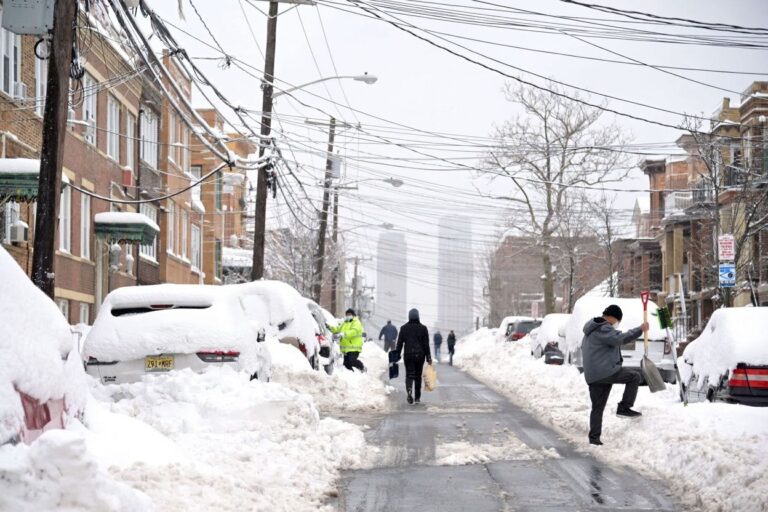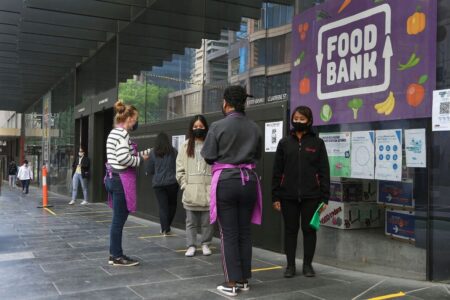
Studying abroad is one of the best things a student can do to obtain a world-class education, take in a new culture, make lifelong friends and grow personally and professionally. Despite the benefits, students may sometimes face challenges like struggling to adapt to a new culture and weather to discrimination when studying abroad.
CBC, for instance, reported that South Asian discrimination has been an ongoing issue for some international students in Calgary, Canada. Some are also struggling with isolation amid the pandemic.
New international students from South Asian countries like India, Bangladesh and Sri Lanka are struggling to find jobs to fulfil basic needs as they navigate the Canadian winter while studying online in isolation.
These students usually live alone in apartments, basement suites or with host families. Isolated living, financial stress and South Asian discrimination have led to mental health issues and fears they might not be able to complete their studies, said the report.
Reyme Kaur from One Voice Canada Alberta, a group that helps international students, says many are impacted by social isolation and depression and are not able to find work, which is hard for anyone to adapt to when they first come to Canada.
Many encounter problems like financial struggles, in addition to Asian discrimination in the community and are often treated like second class citizens by more established immigrants.
“Full-timers have gone part-time, part-timers have gone casual. Entry levels jobs like food industry and customer service, Canadians with degrees are now competing for those jobs,” Kaur told CBC. “International students are now third or fourth in the category.”

“We help with hampers and care packages, winter clothing like jackets, boots, tuques, socks. And we help them with documents, appointments and transportation and even gas money,” One Voice Canada Alberta’s Reyme Kaur to CBC. Source: One Voice Canada / Facebook
Where international students can seek help when studying abroad
When faced with challenges including discrimination, international students have several avenues to turn to for help, including student and non-profit groups, their respective universities to professional help.
Kaur, for instance, is part of an organisation that helps solve student problems such as food, clothing and other additional supports to help anyone in need. “We help with hampers and care packages, winter clothing like jackets, boots, tuques, socks. And we help them with documents, appointments and transportation and even gas money,” Kaur was quoted saying.
Some universities have winter coat drives to help financially-strapped international students save money by providing them with free winter attire.
Under this initiative, students, and in some instances, the public, can donate clean winter wear that’s in good condition for international students to borrow while studying abroad. These items are typically returned once students no longer need them.
For international students struggling with their mental health, many universities offer free counselling services — online or on-campus — for students to speak about their issues or challenges.
Amid the pandemic, many universities are also offering students COVID-bursaries and fee rebates to support affected international students. Speak to your university to explore your options.










